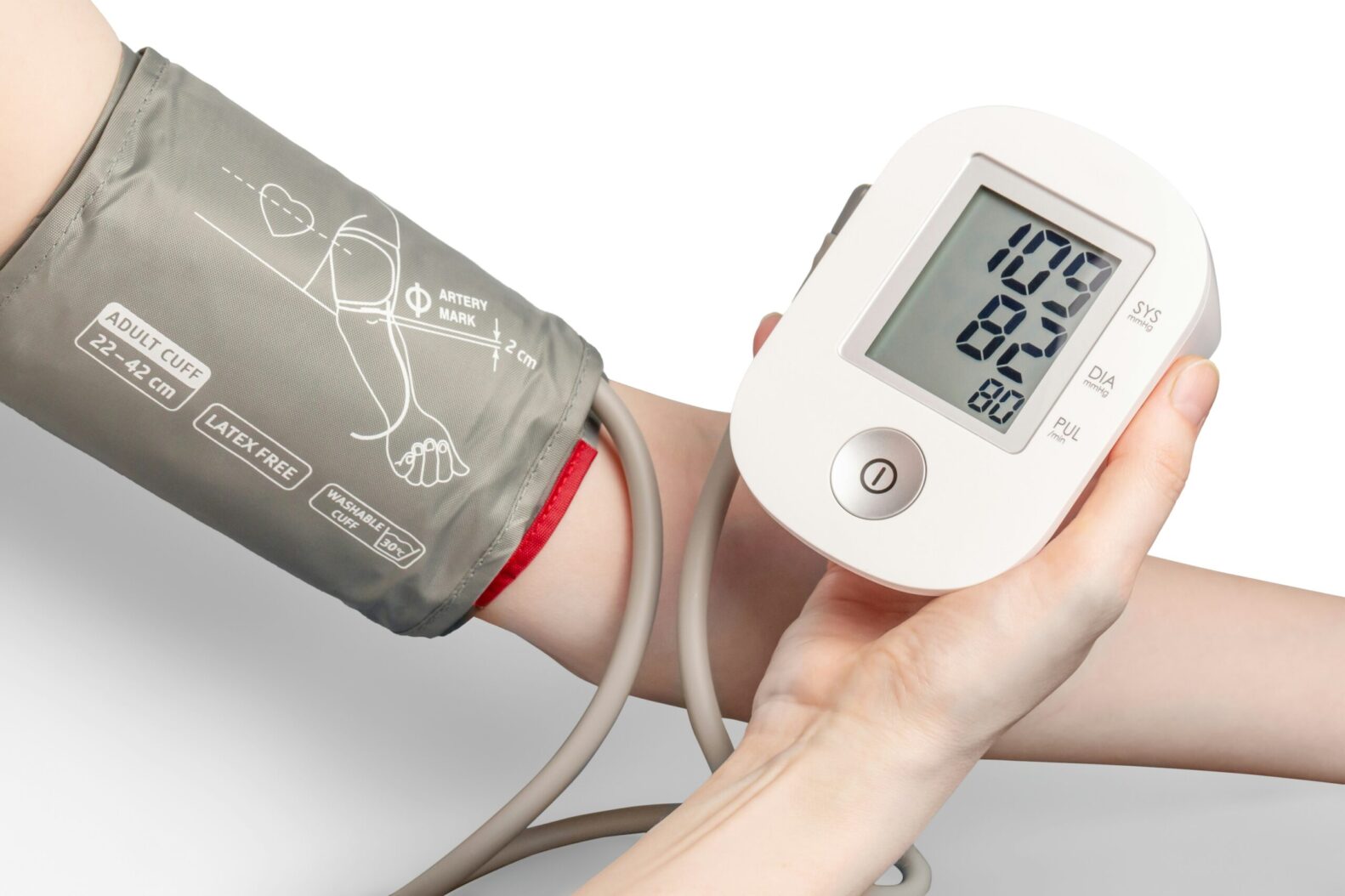
The dead batteries in electric vehicles have become a source of concern

In 2030, the EU expects 30 million electric vehicles on European highways.
Although electric vehicles (EVs) do not emit CO2 during service, many people are concerned about what will happen if they lose power, especially when it comes to batteries.
Although most EV components are identical to those used in conventional vehicles, the battery is by far the most significant difference. Unlike traditional lead-acid batteries, lithium-ion batteries used in electric vehicles cannot be recycled.
EV batteries are thicker and heavier than regular car batteries, and they’re made up of a slew of small lithium-ion cells that all have to be dismantled. They contain poisonous chemicals and have a bad habit of bursting if reassembled incorrectly.
Regardless of the percentage of lithium-ion batteries that are recycled, or if the figure everyone cites is around 5%, Dr. Anderson, co-director of the Birmingham Centre for Strategic Elements and Critical Materials, noted that obtaining detailed figures would be difficult, regardless of whether the number everyone cites is around 5%, with some areas of the world having even lower numbers.
According to the European Union’s most recent guidelines, EV manufacturers will be responsible for ensuring that their products are not simply discarded somewhere at the end of their useful lives, and manufacturers are already preparing to meet this task.
Nissan, for example, has been retrofitting old Leaf batteries in automated vehicles that transport parts to factory workers.
Source: BBC News






